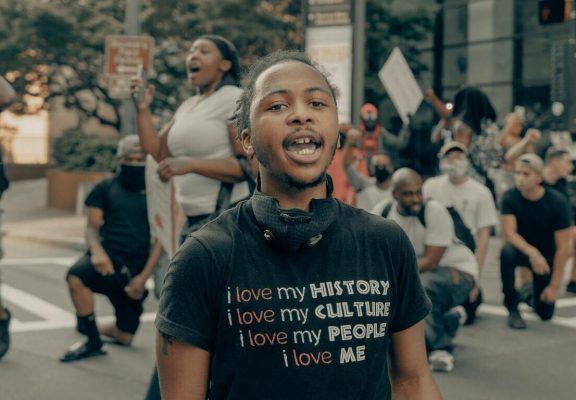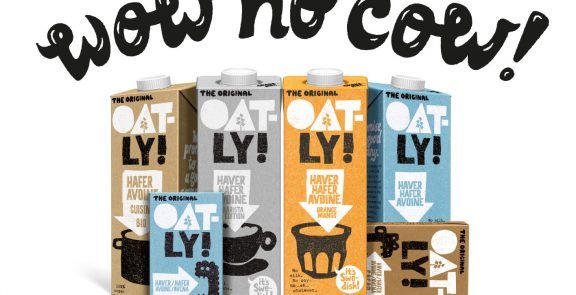

Do you have a sustainable or committed brand? The case of the Golden Globes
IN A NUTSHELL
The evolution of the concept of “sustainability” obliges us to strengthen our brand’s commitment to avoid falling behind.
THE GREAT STRATEGIC TAKEOUT
For many sectors, sustainability has become a matter of survival. More and more actors – organisations, brands, communities and individuals – are emerging with an ambitious vision, in terms of sustainability, that is displacing hegemonic approaches that we believed were eternal and making them obsolete.
Why it is interesting:
Since the late 80s and early 90s, the concept of sustainability has not stopped evolving. While the idea of sustainability originally emerged to generate a debate on the relationship between society and the environment, today we can say that the environment is one more piece in an intricate chess game that is putting many brands around us in check.
Talking about sustainability today thus alludes to an interlinked network of systemic relationships between the economy, ecology and society. Ecological concerns are fundamental, but they are not the only thing. A truly sustainable proposal should also include the economy (in terms of development and prosperity) and society as a whole (social justice, diversity, equality, etc.).
The case of the Golden Globes demonstrates this. The 2022 ceremony has been cancelled by NBC. The reason was widespread criticism of the lack of racial diversity in the composition of the jury of the Hollywood Foreign Press Association (HFPA), a non-profit organization responsible for organising the event.
In the light of these criticisms, some companies, such as Netflix and WarnerMedia, announced that they would not take part in the event. Several actors, including Ellen Pompeo, Shonda Rhimes, Kerry Washington, Judd Apatow, Patton Oswalt, Jurnee Smollett, Ava DuVernay and Sterling Brown, sided with the critics. Tom Cruise also criticised the event, with a symbolic gesture: he returned the awards he had received in the past.
This situation is a clear example of how a brand’s lack of commitment can seriously threaten its existence. The American film industry has received a lot of criticism as a whole for the lack of racial and gender diversity in its awards, judges and nominees, and the Oscars have been no exception. Following the controversy arising from #OscarsSoWhite, the organisation has established new criteria to promote diversity, which will become effective from 2024. In this way, the Oscars have responded to public opinion, even though the question is not regulated as such by law. It is their way of demonstrating that, rather than waiting for sustainability to be regulated, there are brands that commit themselves and make changes proactively.
What tension does it resolve?
Without a sustainable future in social, economic and ecological terms, there will be no future.
What is the underlying need?
The search for global well-being.
What strategic opportunities do we detect?
- Rethinking the value proposition of our brand so that its commitments are part of its DNA.
- Being a game-changer in categories that have not placed special emphasis on sustainability.
- Connecting with new audiences who are sensitive to sustainability.
- Updating our brand as a whole.
- Premiumising our brand.




